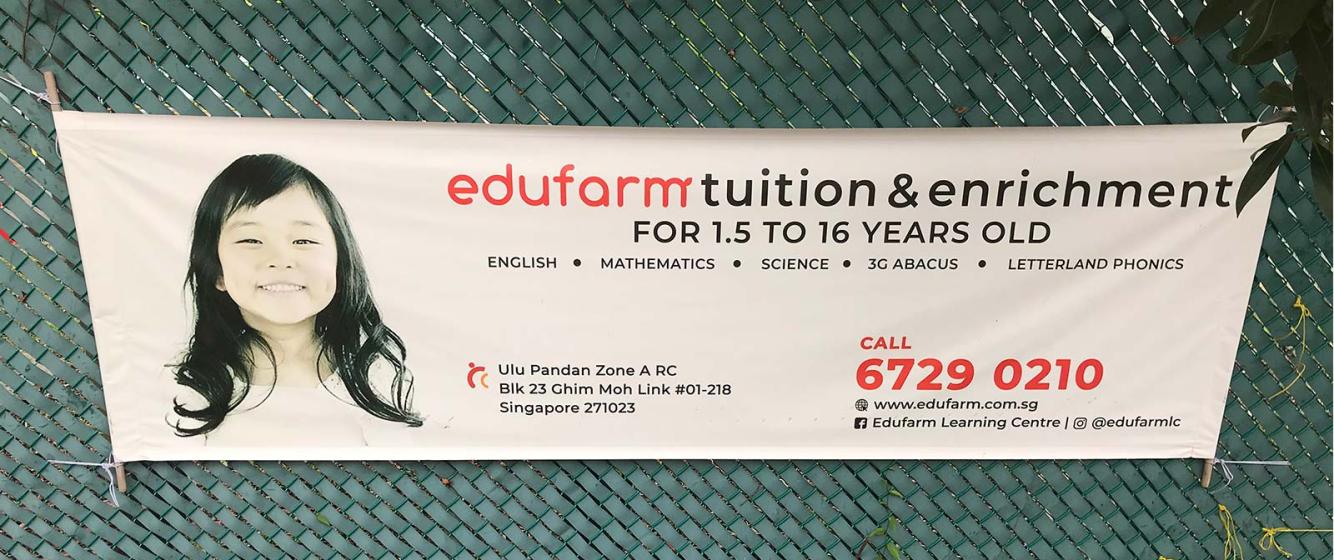
Parenting, Education and Contradictory Aspirations in Urban East Asia - Introduction
Over the past decades, East Asian nations have cemented their reputation as top performers in international student assessment tests and rankings. This is a fact usually understood to be the result of competitive education systems as well a distinct parenting culture that prioritizes school results above all else. In a comparative ethnographic project, we explored parental involvement in young children’s education in three settings: Singapore, Beijing, and Seoul. The overall aim of this research was to study the shifting norms and practices that shape parenting strategies around young children’s education in urban East Asia.
There are a number of reasons for studying parenting and young children’s education in this region. Anxieties around preparing one’s child for the future drives parents to devote substantial resources, time, and energy towards raising children, and parental involvement is increasingly taken for granted. Another important motivation for this study is to refute simplistic interpretations of the intensification of parenting in East Asia (and beyond). By drawing on ethnographic data, we hope to highlight the emotional and moral dimensions of parents’ educational work, and how parents cope with complex and sometimes contradictory demands when raising their young children.
We have focused on parents of children aged 12 and below, a cohort that is particularly interesting given the prevalent claim that early childhood is the most critical period of cognitive and emotional development. The empirical data included parents from different socio-economic and educational backgrounds to capture ways in which parenting norms may intersect with gender, social class, and generation.
Ultimately this research is concerned with shifting notions of parenting, care, childhood, and the relationship between family life and broader social trends. While it specifically explores parental involvement in urban China, Singapore, and South Korea, we suggest that such knowledge is also significant in a global context where concern for human capital accumulation (or population “quality”) is increasing.
Kristina Göransson is an Associate Professor in the School of Social Work at Lund University, Sweden, and holds a PhD in Social Anthropology. Her research primarily concerns family, intergenerational relations, parenting, care, and educational labour, with a specific focus on Singapore.
Add new comment